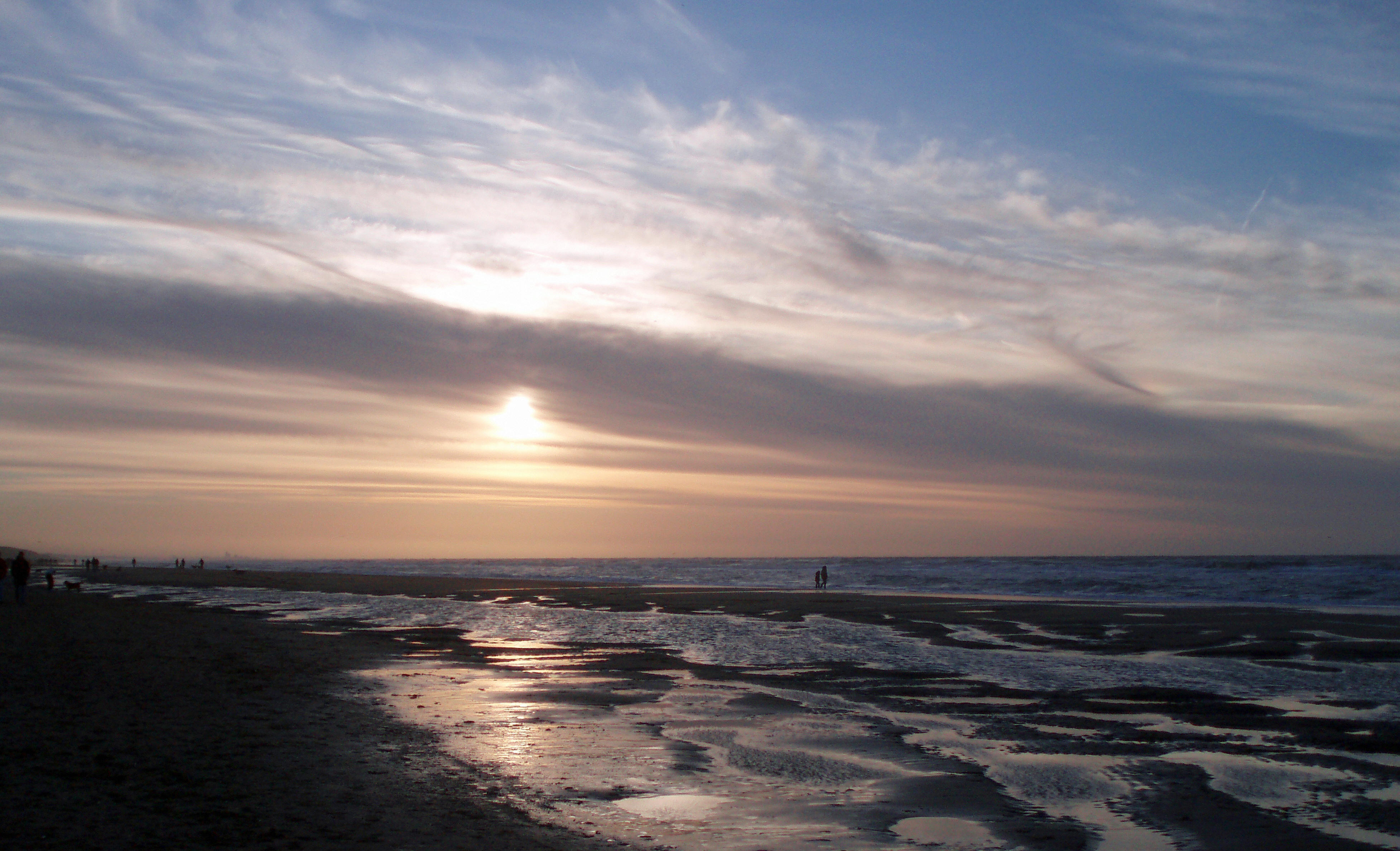Why funeral urns are washing up on Dutch beaches
Mystery as human ashes from Germany land up 500 miles away

A free daily email with the biggest news stories of the day – and the best features from TheWeek.com
You are now subscribed
Your newsletter sign-up was successful
The discovery of three funeral urns full of human ashes on beaches in the Netherlands has prompted a public apology by a Dutch shipping company.
The containers all washed up separately on shores in the neighbouring western coastal towns Katwijk and Noordwijk over the past week, sparking “fevered speculation about how they got there”, reports The Guardian.
The metal urn lids were stamped with the dates of birth, death and cremation of the deceased, and marked “for collection” from a crematorium in Mecklenburg-Vorpommern, northern Germany – nearly 500 miles away, says German newspaper Deutsche Welle.
The Week
Escape your echo chamber. Get the facts behind the news, plus analysis from multiple perspectives.

Sign up for The Week's Free Newsletters
From our morning news briefing to a weekly Good News Newsletter, get the best of The Week delivered directly to your inbox.
From our morning news briefing to a weekly Good News Newsletter, get the best of The Week delivered directly to your inbox.
All three were found by local people, including 14-year-old Maarten van Duijn and his father. The schoolboy told reporters: “We checked it out, because we thought it could have been a disguise for something else, drugs for example.”
The discovery that the urns really did hold human ashes triggered a statement from the Stralsund public prosecutor’s office, which covers the Greifswald area, saying that a formal investigation might be launched.
However, shipping firm Trip Scheepvaart yesterday admitted responsibility for the incident, telling Germany’s DPA news agency that the urns had “slipped from an employee’s hands over the railing” of one of its vessels ahead of a planned mass marine funeral.
“The incident is very unpleasant for us,” said company spokesperson Silvia Roos, who added that the firm was considering how to apologise to the relatives of the deceased.
A free daily email with the biggest news stories of the day – and the best features from TheWeek.com
Roos added that the contents of two of the three urns have now been scattered at sea, with plans to do the same with the third shortly.
Germany has “some of the strictest rules in Europe for the disposal of human ashes”, including burials at sea, prompting “initial confusion about how the urns made their way to the Netherlands”, reports the BBC.
In most German states it is illegal to keep, bury or scatter human ashes outside of a cemetery, and ashes intended for sea burials must be put in an urn that is biodegradable - which the metal ones found in the Netherlands do not appear to have been.
-
 Political cartoons for February 19
Political cartoons for February 19Cartoons Thursday’s political cartoons include a suspicious package, a piece of the cake, and more
-
 The Gallivant: style and charm steps from Camber Sands
The Gallivant: style and charm steps from Camber SandsThe Week Recommends Nestled behind the dunes, this luxury hotel is a great place to hunker down and get cosy
-
 The President’s Cake: ‘sweet tragedy’ about a little girl on a baking mission in Iraq
The President’s Cake: ‘sweet tragedy’ about a little girl on a baking mission in IraqThe Week Recommends Charming debut from Hasan Hadi is filled with ‘vivid characters’
-
 Epstein files topple law CEO, roil UK government
Epstein files topple law CEO, roil UK governmentSpeed Read Peter Mandelson, Britain’s former ambassador to the US, is caught up in the scandal
-
 Iran and US prepare to meet after skirmishes
Iran and US prepare to meet after skirmishesSpeed Read The incident comes amid heightened tensions in the Middle East
-
 Israel retrieves final hostage’s body from Gaza
Israel retrieves final hostage’s body from GazaSpeed Read The 24-year-old police officer was killed during the initial Hamas attack
-
 China’s Xi targets top general in growing purge
China’s Xi targets top general in growing purgeSpeed Read Zhang Youxia is being investigated over ‘grave violations’ of the law
-
 Panama and Canada are negotiating over a crucial copper mine
Panama and Canada are negotiating over a crucial copper mineIn the Spotlight Panama is set to make a final decision on the mine this summer
-
 Why Greenland’s natural resources are nearly impossible to mine
Why Greenland’s natural resources are nearly impossible to mineThe Explainer The country’s natural landscape makes the task extremely difficult
-
 Iran cuts internet as protests escalate
Iran cuts internet as protests escalateSpeed Reada Government buildings across the country have been set on fire
-
 US nabs ‘shadow’ tanker claimed by Russia
US nabs ‘shadow’ tanker claimed by RussiaSpeed Read The ship was one of two vessels seized by the US military